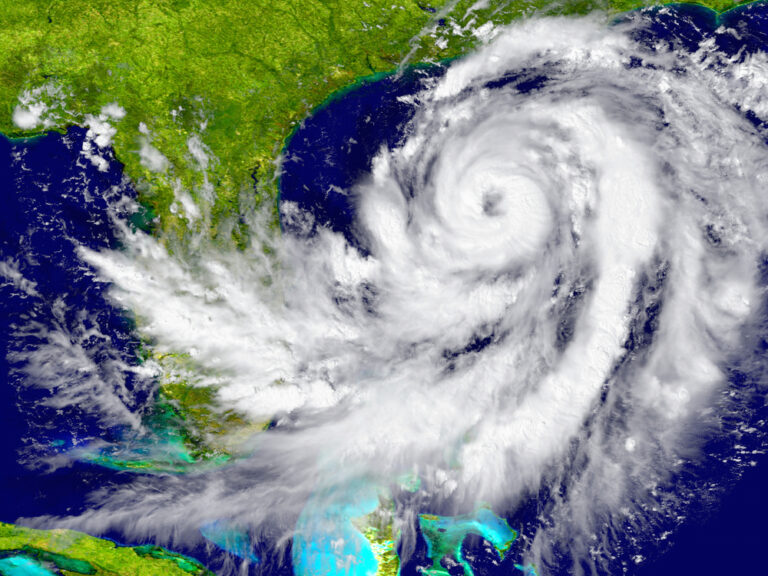An international coalition has been set up to create an early warning system for climate-related disasters that it says will make one billion people safer.
More than 30 countries and organizations including the World Meteorological Organization (WMO), the UK Met Office and the International Red Cross have signed up to the partnership, which is known as the Risk-informed Early Action Partnership (REAP).
The UK has already committed over US$200m to REAP, which has four key targets to reach by 2025. The first is to provide new or improved early warning systems, including heatwave early warning, and longer-term risk management systems to a billion more people than are currently covered.
REAP also plans to create financing and delivery mechanisms that will allow for effective early action in the event of predicted disasters. This second step will also cover an extra billion people.
Thirdly, the coalition will invest US$500m in early warning system infrastructure in so-called last-mile communities, building on existing initiatives such as the Weather and Climate Information Services for Africa (WISER), a Met Office-led effort to improve the dissemination and understanding of climate information in communities in East Africa.
REAP also plans to ensure that a total of 50 countries carry out a full review of their disaster risk management and climate adaptation laws, policies and plans ahead of the 2025 deadline.
REAP was launched last week (September 23) at the United Nations Climate Action summit in New York. It was set up to streamline support for countries more vulnerable to extreme weather events, which are likely to become more common with the advent of climate change.
According to the Met Office, for example, in the last 20 years around 4.5 billion people have been affected by disasters, 90% of which were the result of weather and climate-related events.
Helen Bye, head of international development at the Met Office, said, “This is an important step forward in bringing together the global effort to save lives and ensure sustainable livelihoods.”



